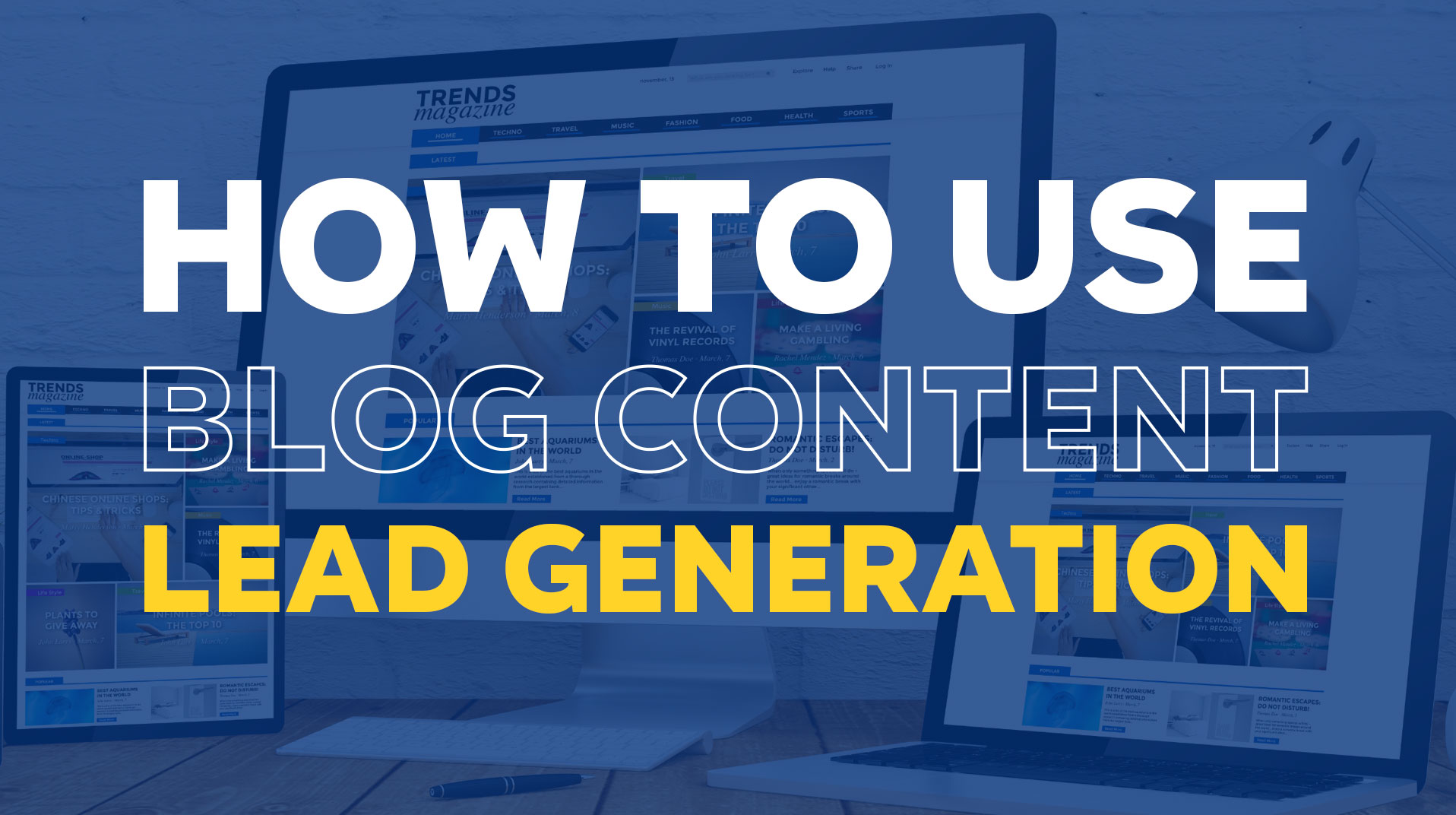
The digital environment is continuously evolving, and businesses—whether B2B or B2C—must consistently find innovative ways to enhance their online visibility and reach wider audiences. Blogging has emerged as one of the most effective tools for building trust and attracting potential customers. In fact, over 90% of businesses use content marketing tactics to fuel their growth.
However, simply maintaining a blog is not enough. To see real business outcomes, companies must publish strategic, educational, and conversion-focused content. Let’s explore how blogging can serve as a lead generation engine and why providing value is central to content success.
The Strategic Role of Blogging in the Buyer’s Journey
Today’s customers are more informed than ever. The majority of purchasing decisions are made before a customer even contacts a business. Prospects prefer to research independently, comparing options, evaluating credibility, and understanding the value proposition.
This is where blogging plays a crucial role. Educational blog posts that address pain points, answer common questions, or provide expert insights can influence decision-making in your favour. Businesses that focus on value-led content, rather than aggressive sales pitches, come across as more credible and trustworthy—two qualities that significantly impact purchasing behaviour.
Align Content with Audience Needs
To maximise blog performance, content must meet your audience’s expectations. This requires understanding their problems, needs, and the types of solutions they are seeking. When your blog helps prospects make informed decisions, it becomes a valuable asset in your sales funnel.
As paper writers at WriteMyPaper.org point out, it’s all about writing for the user—anticipating their queries and offering practical, easy-to-digest content.
How to Generate Leads via Blog?
A blog is not just a space to share updates—it can be a high-performing conversion tool if used correctly. Here’s a step-by-step guide for turning blog traffic into valuable business leads:
1. Offer High-Value Lead Magnets
Lead magnets are incentives offered in exchange for a visitor’s contact details. They must be relevant, valuable, and easy to access. Effective examples include:
In-depth industry reports and whitepapers
Niche-specific eBooks
Downloadable templates and toolkits
Free webinar registrations
Video tutorials and explainer series
Ensure your lead magnet solves a specific problem your audience faces. It should also look professional and be seamlessly integrated into your blog posts.
2. Use Strong and Strategic Calls to Action (CTA)
CTAs direct users toward your business goals—whether that’s downloading a resource, subscribing to a newsletter, or requesting a quote. To be effective:
Use action-driven language (e.g., “Download Now”, “Start Your Free Trial”)
Create urgency (e.g., “Limited Offer”, “Expires Soon”)
Emphasise the benefit (e.g., “Get Your Free SEO Checklist”)
Ensure visibility with contrasting colours and bold design
Place them strategically at the end of posts, in the sidebar, or via scroll pop-ups
3. Offer Content Upgrades to Increase Conversions
Unlike lead magnets, content upgrades are extra resources related to a specific blog post. They act as contextual lead generation tools. Examples include:
Printable checklists
Downloadable worksheets
Extended research reports
PDF versions of comprehensive blog posts
These upgrades appeal to readers already interested in the topic, improving conversion rates and boosting email subscriptions.
4. Make Your Blog Search-Friendly
An SEO-optimised blog drives sustainable organic traffic and brings in high-quality leads over time. Here’s how to do it:
Perform keyword research and naturally integrate relevant terms
Write long-form, in-depth content that answers real user questions
Craft compelling, click-worthy titles
Use on-page SEO best practices—structured headings, meta descriptions, alt tags
Link internally to related articles to improve site navigation
Ensure your site is mobile-responsive and loads quickly
5. Monitor Performance and Optimise Regularly
To understand what works and what doesn’t, track key performance indicators (KPIs) such as:
Traffic – Are your blog visits increasing?
Engagement – How long are readers staying? Are they clicking through?
Conversion Rate – How many visitors become leads?
Lead Quality – Are these leads converting into paying customers?
Top-Performing Topics – Which articles drive the most engagement and leads?
You should also gather qualitative feedback through surveys, polls, or direct outreach. These insights will inform your content strategy and help tailor future blog posts.
Promote Blog Content Across Other Marketing Channels
Your blog content doesn’t exist in isolation. A single well-performing article can be repurposed into:
Email newsletters
Social media posts
Webinar topics
Video explainers
LinkedIn articles
Sales collateral
This multiplies the return on your investment and ensures content is working across the customer journey.
Blogging as a Scalable Business Growth Tool
Blogging remains one of the most effective long-term marketing strategies for businesses aiming to generate leads, nurture trust, and drive conversions. When blogs are educational, SEO-optimised, and conversion-focused, they become a scalable source of qualified traffic.
By integrating lead magnets, content upgrades, smart CTAs, and consistent performance tracking, your business blog can do more than attract attention—it can become a lead engine that consistently supports your sales and marketing objectives.
So, if your business hasn’t yet harnessed the power of blogging, now is the perfect time to get started.

Speak with our Lead Generation Expert
Got a quick question about how your blog can convert
traffic to customers? Ask our expert.
Speak to one of our experts today on 01702 668207 or send us a message.
